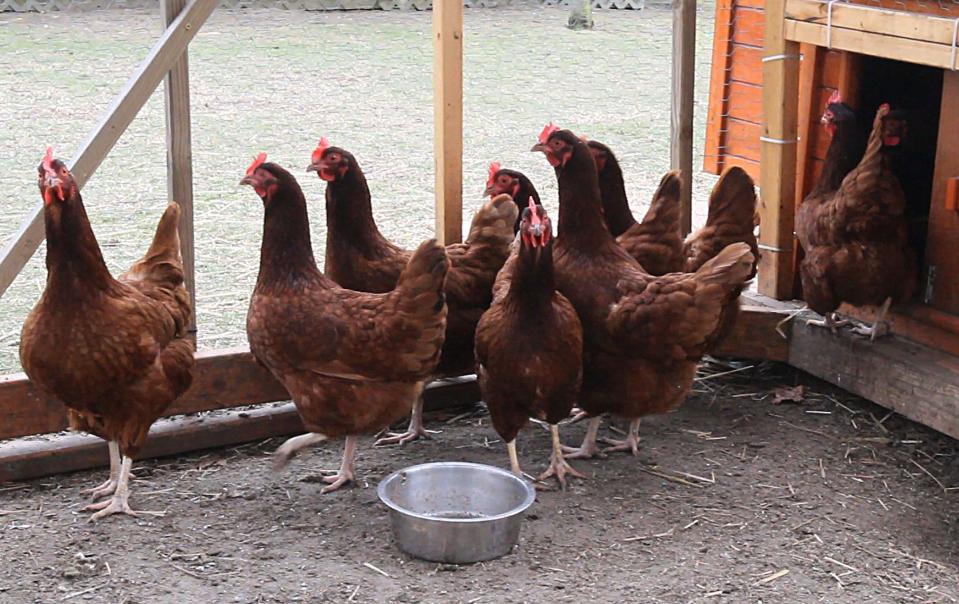USDA to test ground beef for bird flu. Is it safe to eat?
The U.S. Department of Agriculture is testing ground beef for bird flu particles. The disease has been found in nine states in dairy herds.
While the USDA does not believe the meat will contain bird flu, it's possible. Last week, it was announced the U.S. Food and Drug Administration found non-infectious remnants of the bird flu virus in pasteurized milk, though it was determined the traces would not pose a threat to those who consume the milk.
While the concerns are there, so far it's been a far bigger concern for animals. Experts believe there's no danger in consuming food if it's fully cooked or pasteurized.
So far, no people have contracted bird flu by exposure to food, and only two farmworkers have been infected since the disease was discovered earlier this spring.

Is it safe to eat eggs and chicken because of bird flu concerns?
You should avoid foods such as unpasteurized milk, cheeses made from unpasteurized milk, and raw and undercooked eggs, poultry, and meat, said Barbara Kowalcyk, associate professor of exercise and nutrition sciences at the George Washington University Milken Institute School of Public Health.
Those foods and fish can carry foodborne pathogens – bacteria, viruses, parasites, toxins – that can make people ill, she said.
"Be sure to cook raw meat, poultry, fish, eggs and milk thoroughly before feeding them to yourself or your family," Kowalcyk said. "Color and consistency are not good indicators of doneness so it is best to use a digital, tip-sensitive food thermometer."
Check for recommended food temperatures on the Department of Health and Human Services website.
"It is also recommended that people avoid direct contact with infected live or dead animals or surfaces contaminated by them," Kowalcyk said. "It is advised to use personal protective equipment if you must come in contact with infected live or dead animals."
Milking bird flu: Bird flu in milk? Here's what you need to know about the latest food safety concern
Which states are affected?
Nine states have confirmed cases of the virus in dairy cows, the USDA says.
Colorado
Idaho
Kansas
Michigan
New Mexico
North Carolina
Ohio
South Dakota
Texas
This article originally appeared on Asbury Park Press: Bird flu outbreak: USDA to test ground beef for disease

